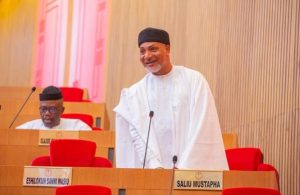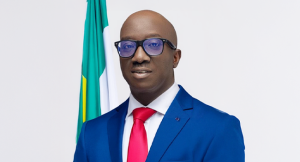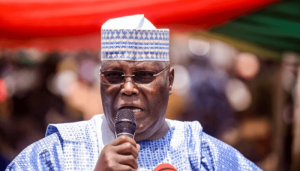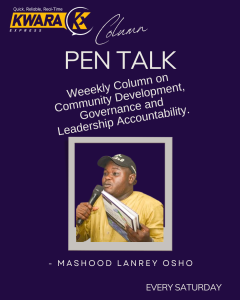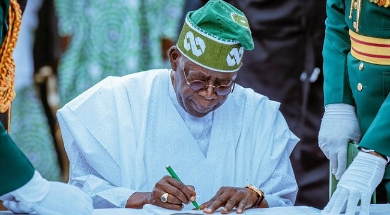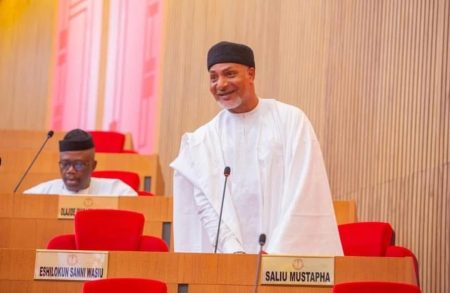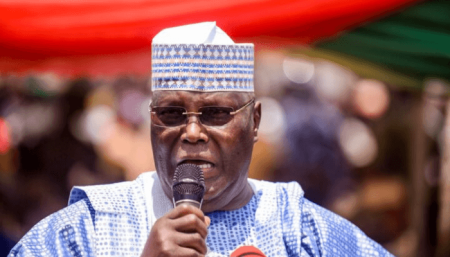At the opening session of the 19th G20 Leaders Summit in Rio de Janeiro, Brazil, President Bola Tinubu emphasized the urgent need for reforming the United Nations Security Council to maintain its relevance in addressing global challenges. He advocated for expanding the Council’s permanent and non-permanent member categories to reflect the world’s diversity, with a particular focus on granting Africa two permanent seats.
He noted Nigeria’s readiness to represent Africa, reaffirming the country’s commitment to fostering global equity. Speaking through the Minister of Foreign Affairs, Ambassador Yusuf Tuggar, Tinubu urged the G20 to champion this reform, especially after the recent inclusion of the African Union as a permanent member of the group.
In his address, President Tinubu commended Brazilian President Luiz Inácio Lula da Silva for championing the creation of the Global Alliance Against Hunger and Poverty. Describing it as a pivotal step in addressing one of the world’s most significant challenges, Tinubu lauded the initiative’s vision of fostering collaboration between governments, international organizations, and civil society to combat the root causes of hunger and poverty.
“The creation of this alliance sends a powerful message of solidarity to vulnerable populations worldwide,” he said, adding that Nigeria’s endorsement of the initiative aligns with its development goals, particularly those targeting poverty eradication (SDG 1) and zero hunger (SDG 2).
President Tinubu highlighted the country’s intention to leverage international cooperation and resources to strengthen domestic strategies. “By supporting this initiative, Nigeria underscores its commitment to realizing the Sustainable Development Goals and enhancing the quality of life for its citizens,” he said.
Addressing Global Inequalities and Financial Reform
President Tinubu also called for urgent reforms to the global financial system to address longstanding inequalities hindering development in the Global South. He stressed the need for a more equitable international tax framework, particularly for taxing digital economies, which disproportionately affect developing nations.
“Nigeria, alongside other African states, has championed a historic initiative at the United Nations


